 |
| May 06, 2020 |
Dear Reader,
You likely heard a lot about "murder hornets" this week. Well, it turns out the buzz might be a bit overblown—when it comes to attacking humans. These predators are infamous for decimating honey bee colonies and have the potential to devastate U.S. bee populations, which have already been declining. Find out more about these giant, vicious insects in our lead story. In space news, astronomers say they have discovered the closest black hole to Earth, just 1,000 light-years away in a system visible to the naked eye. Also, remember the declassified UFO videos the Pentagon released last week? Astrophysicist Katie Mack gives her take. And lastly, an article from our May issue explores why being a woman is a risk factor for Alzheimer's disease. |
| | Sunya Bhutta, Senior Editor, Audience Engagement
@sunyaaa | |
 |
| |
| |
| |
| |
| |
| |
| |
| |
FROM THE STORE
 | | | |
| |
FROM THE ARCHIVE
 | | | |
LATEST ISSUES
 |
| |
| Questions? Comments?  | |
| Download the Scientific American App |
| |
| |



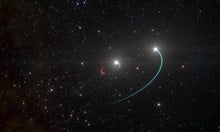


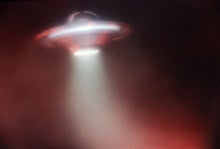



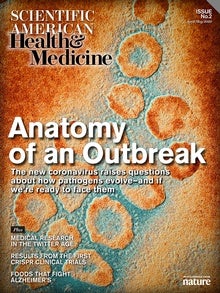

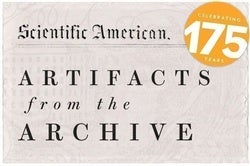
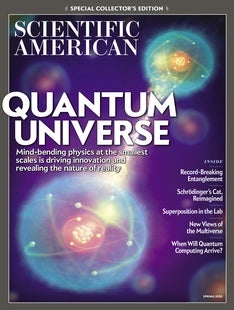

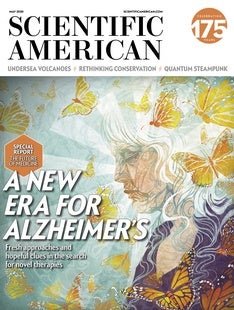
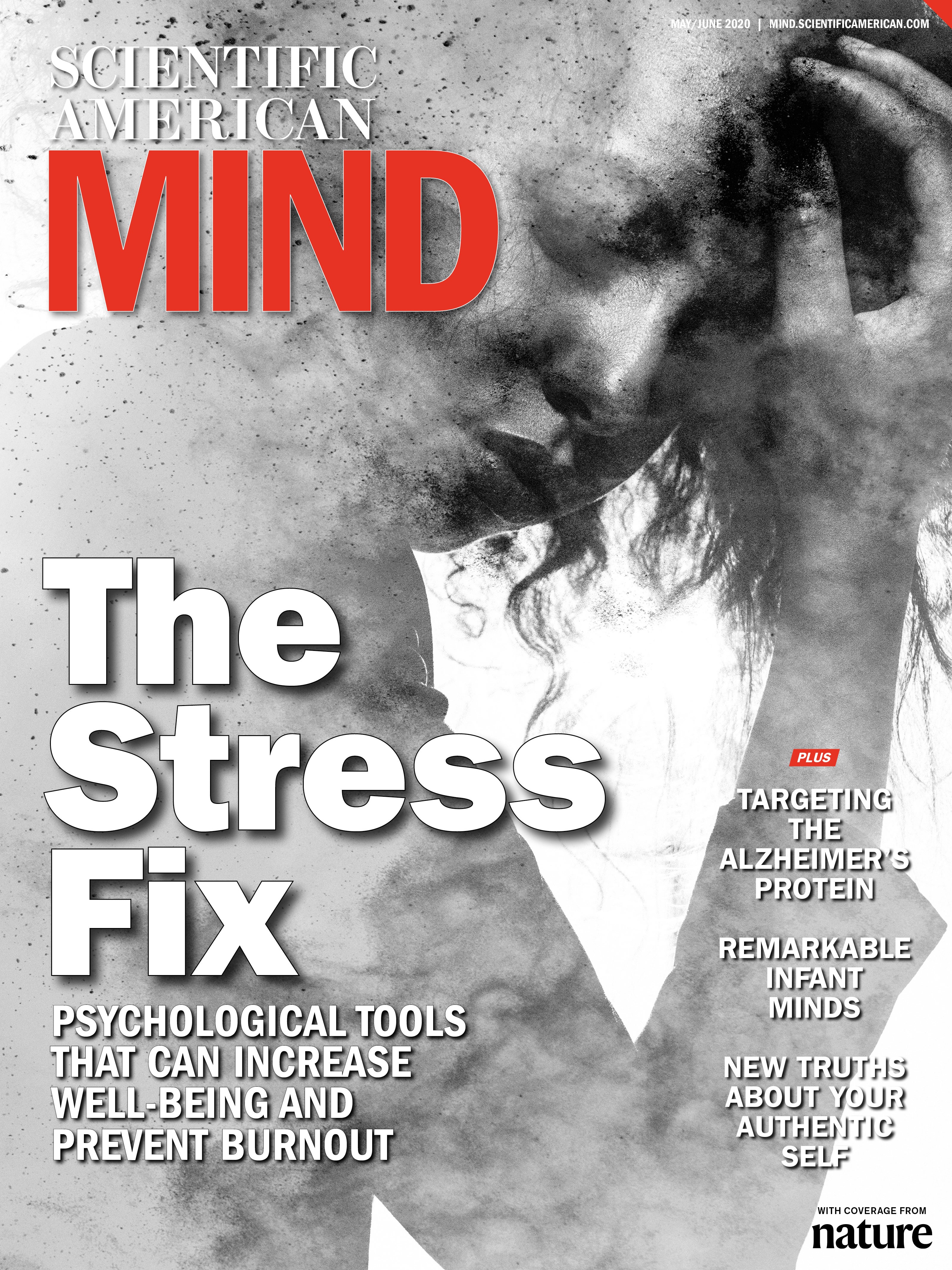
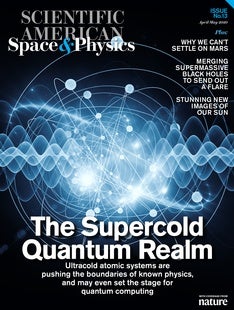



Comments
Post a Comment